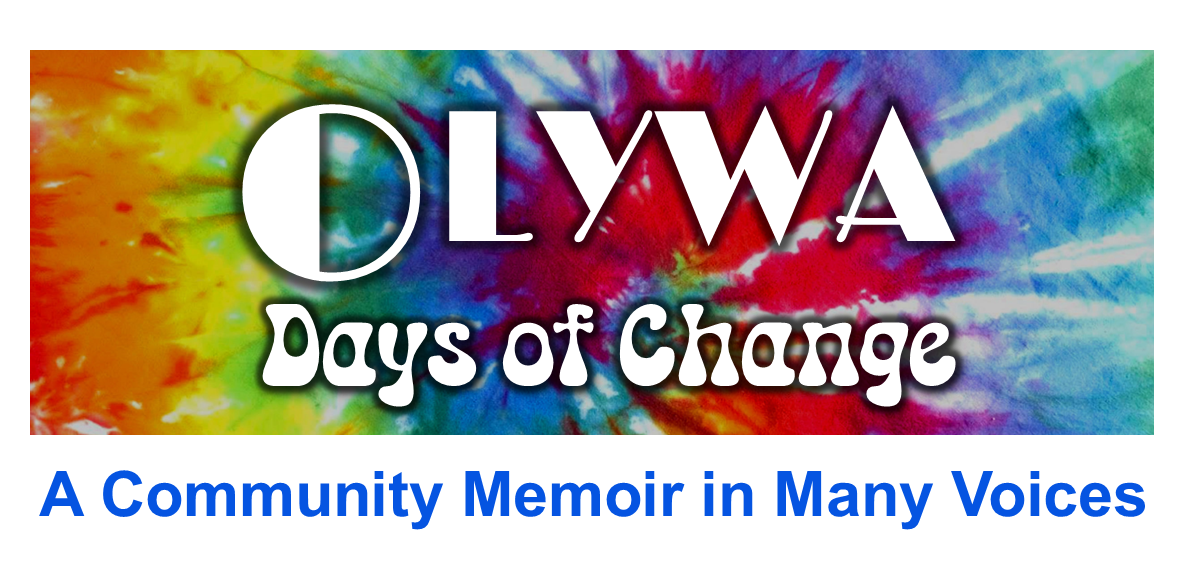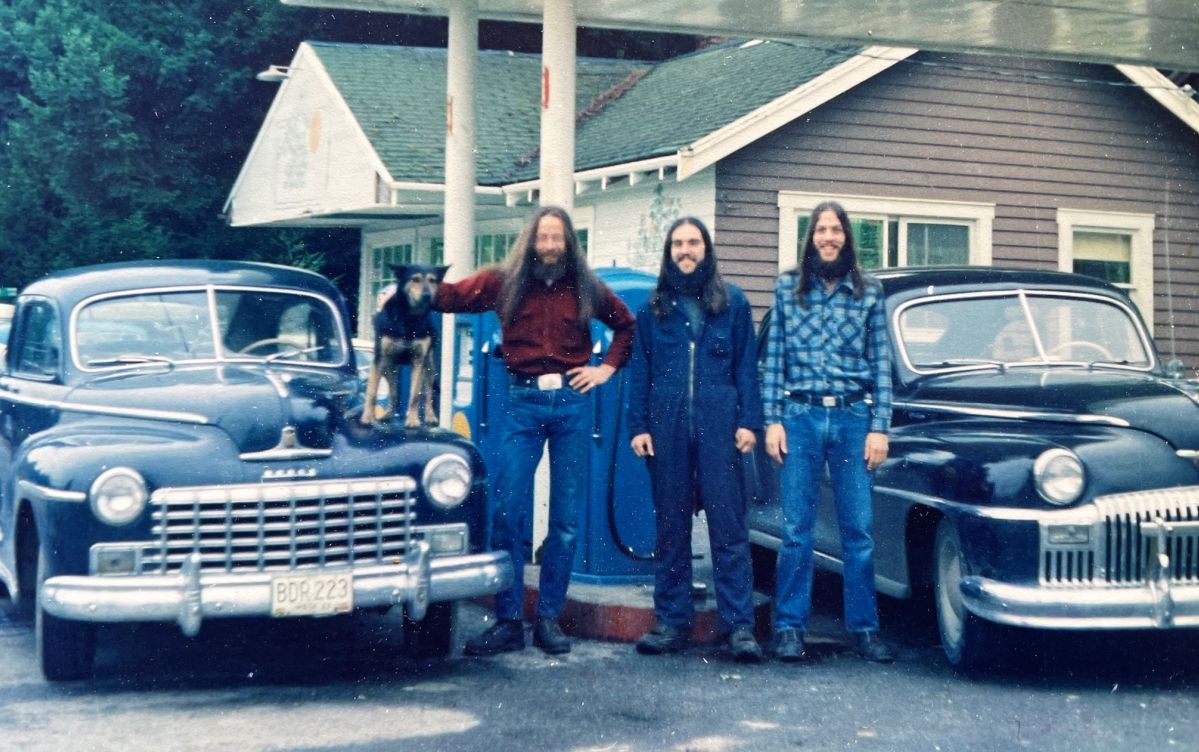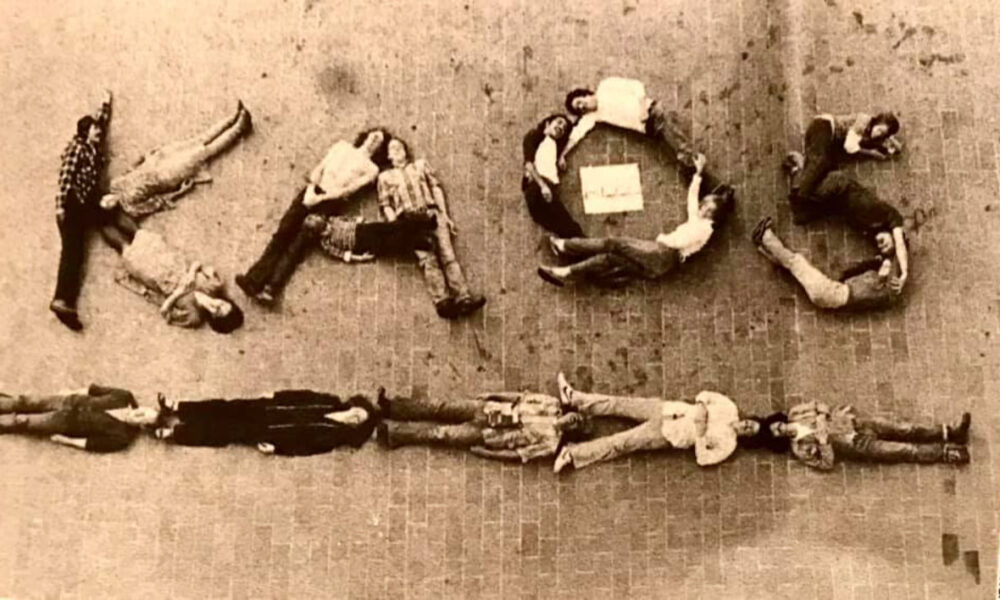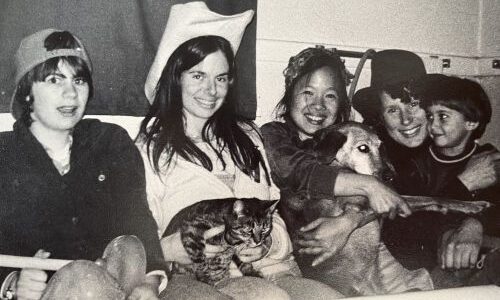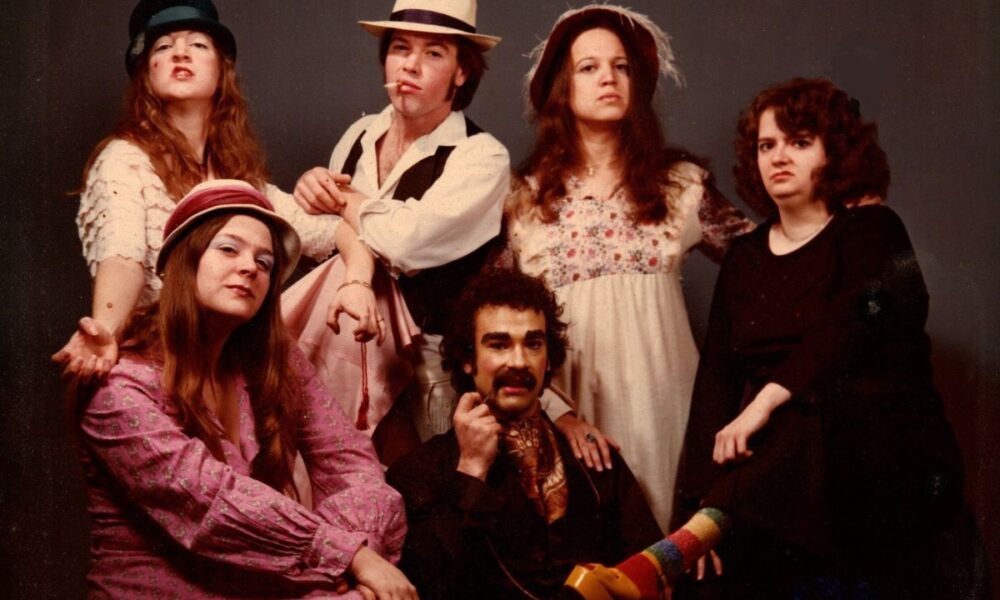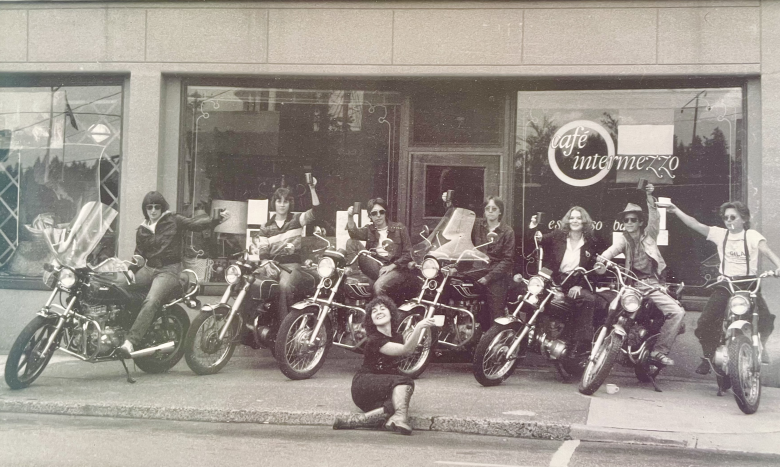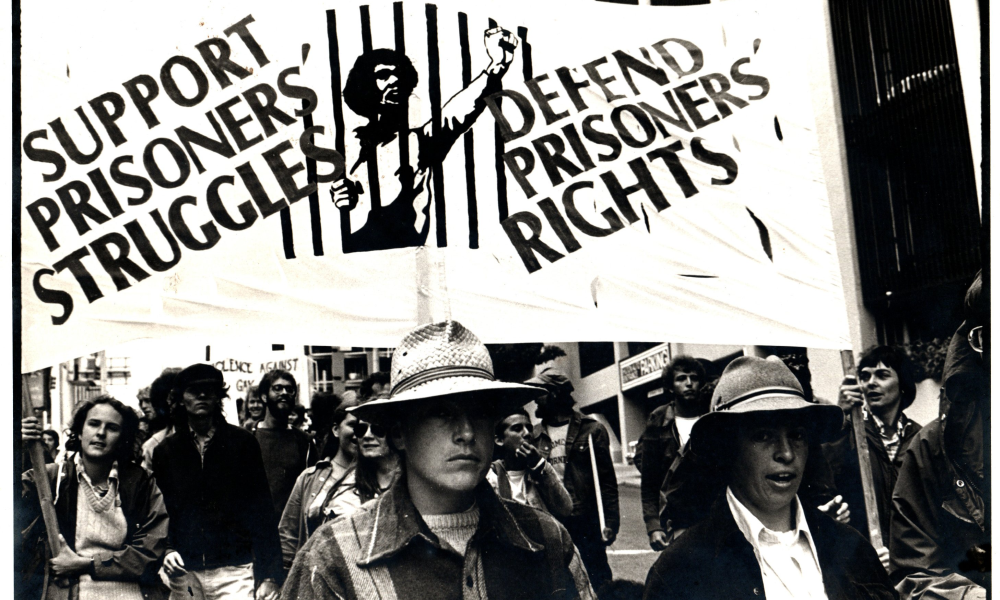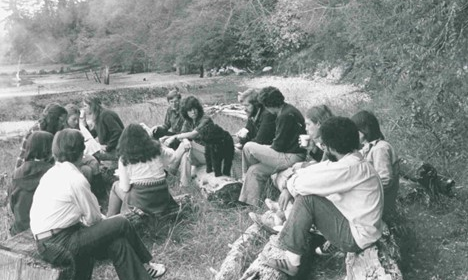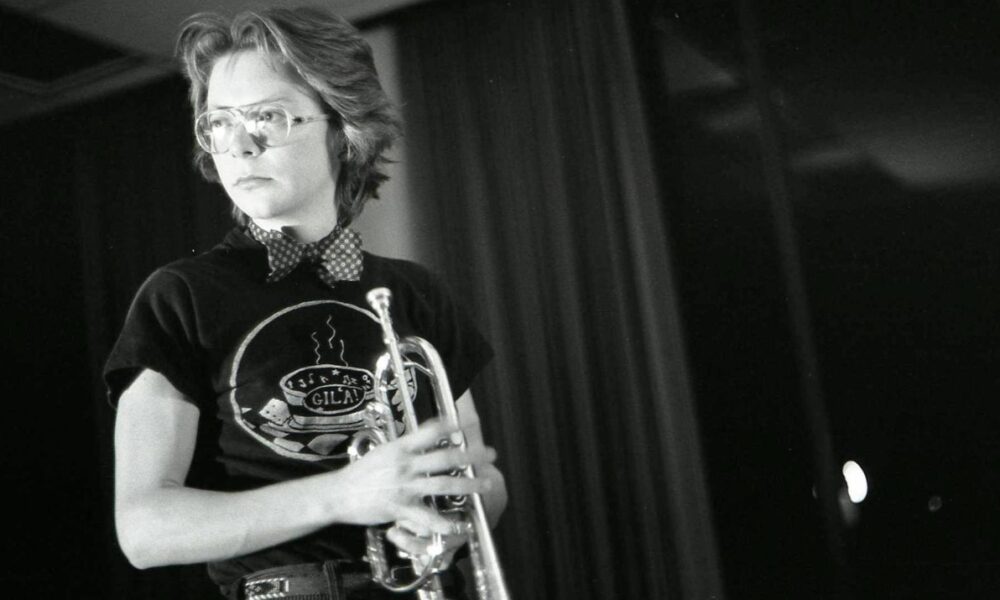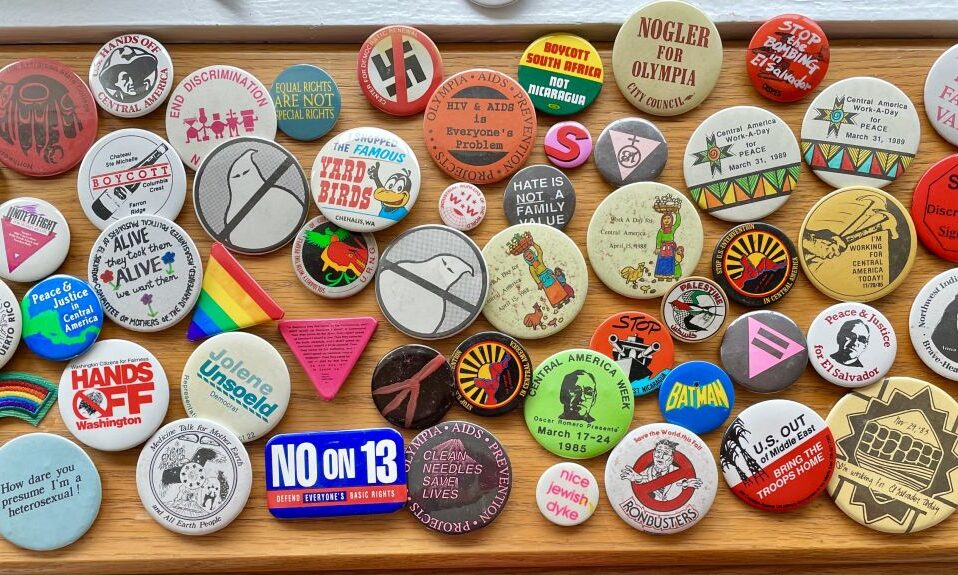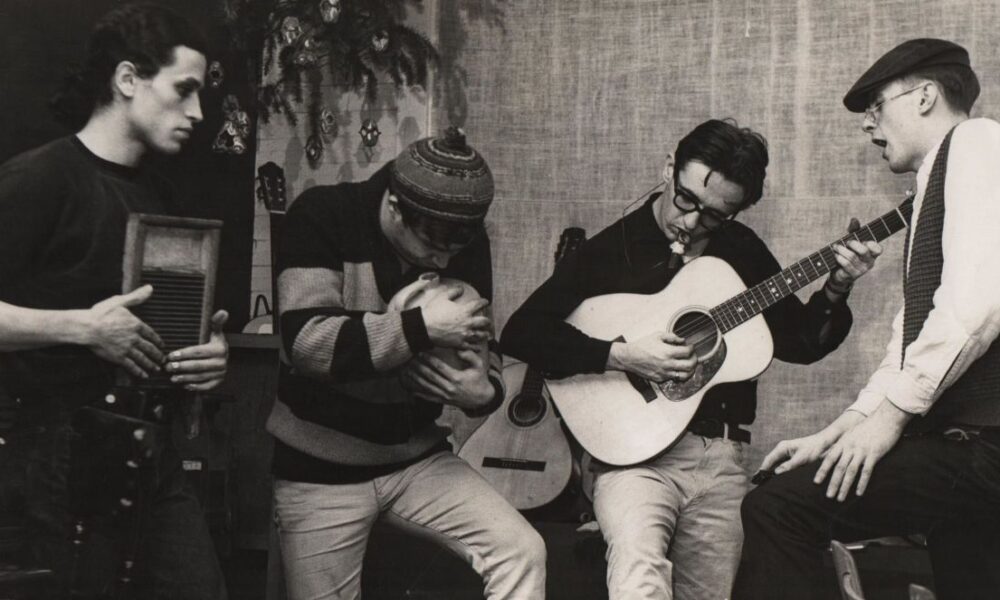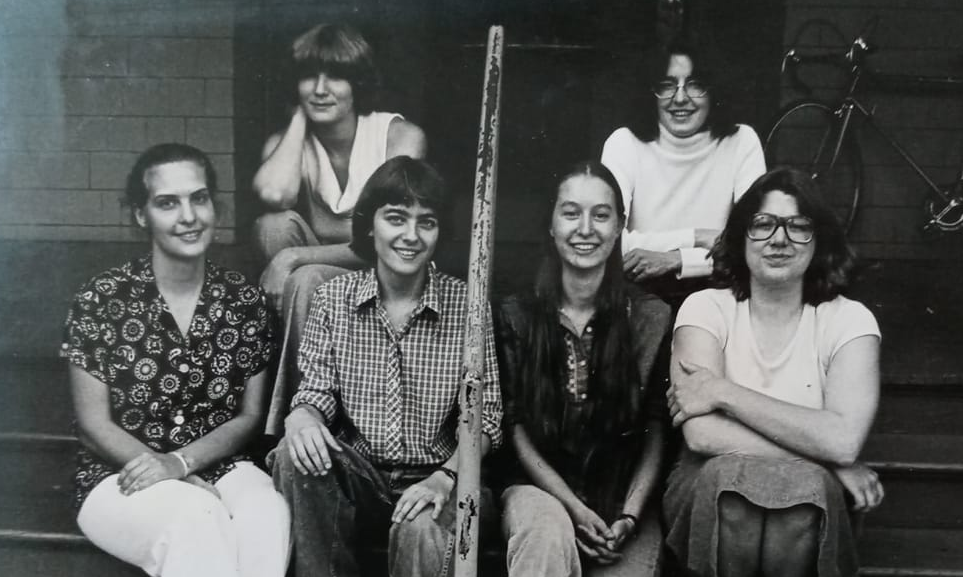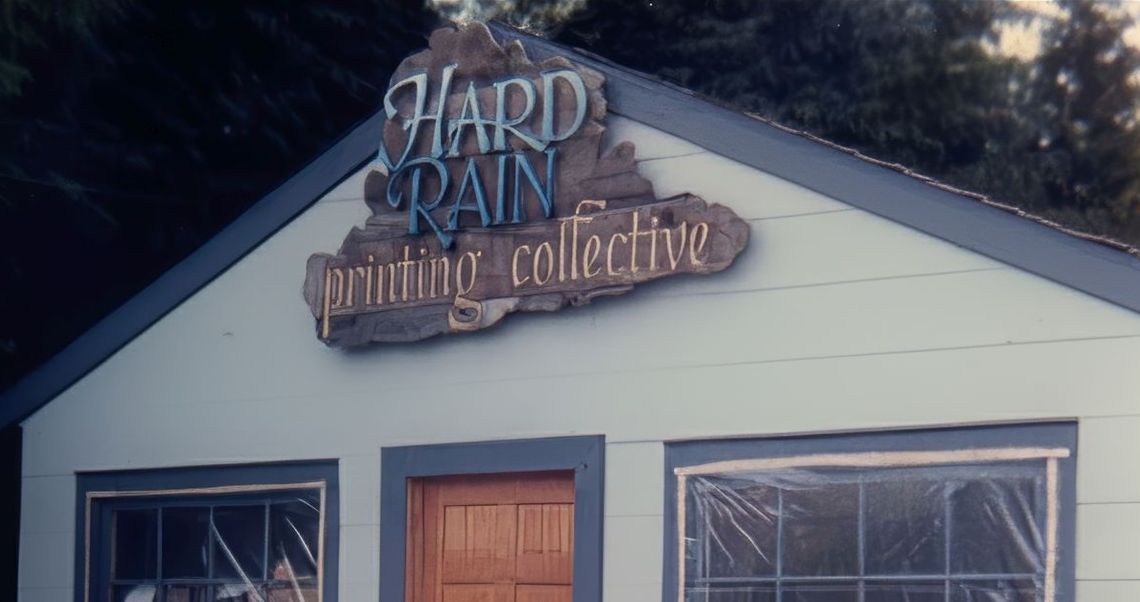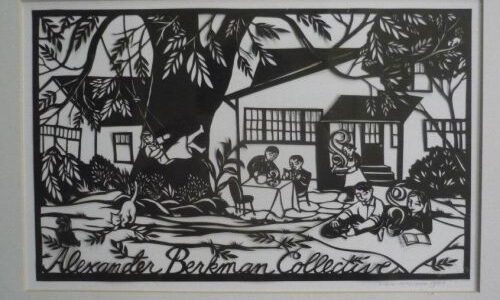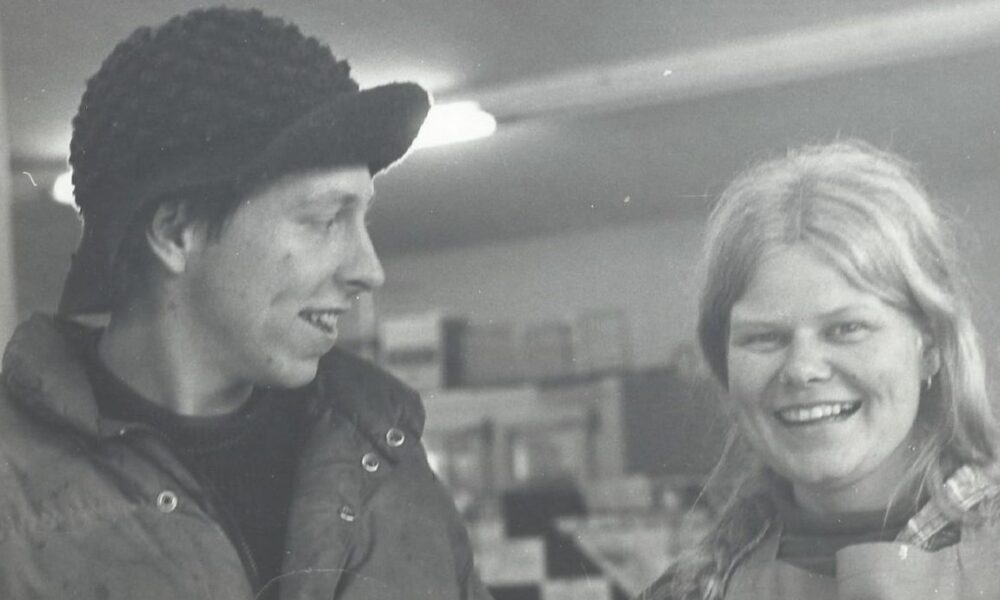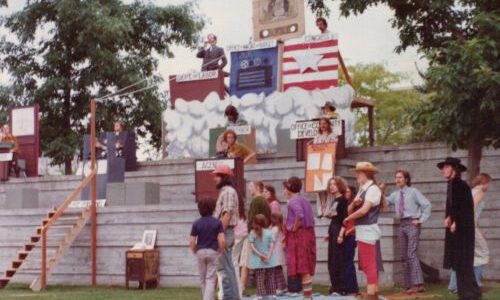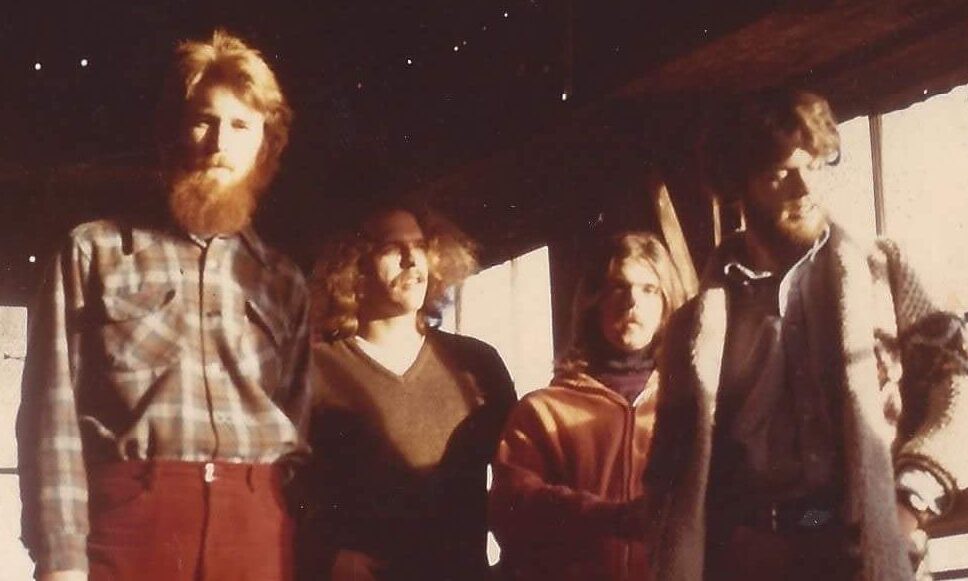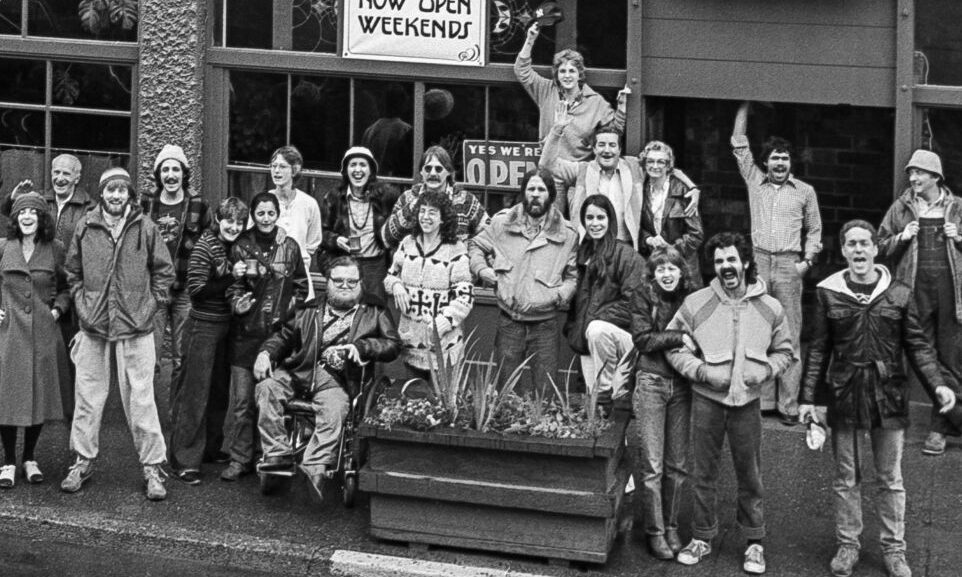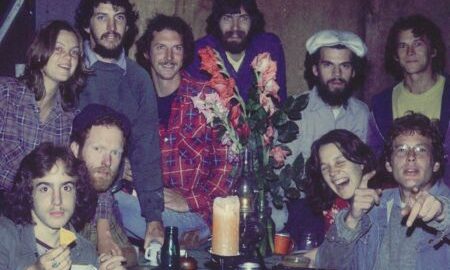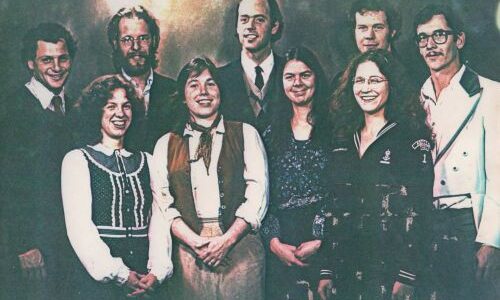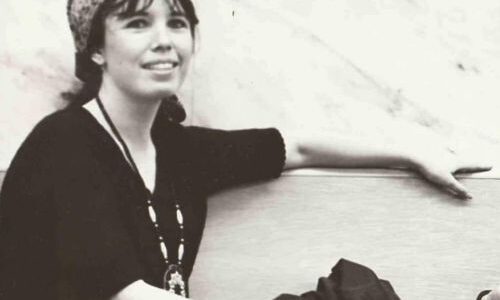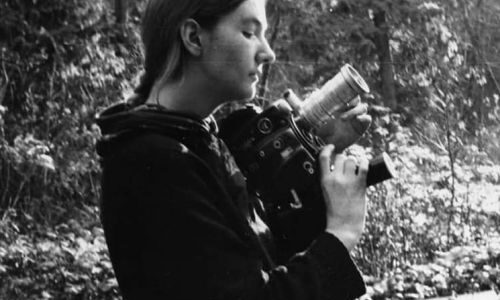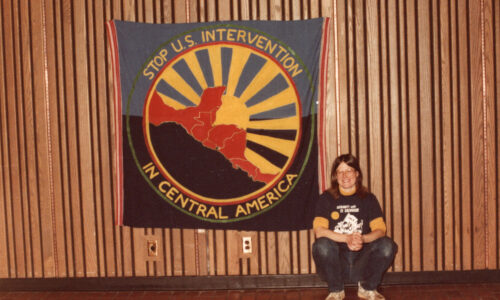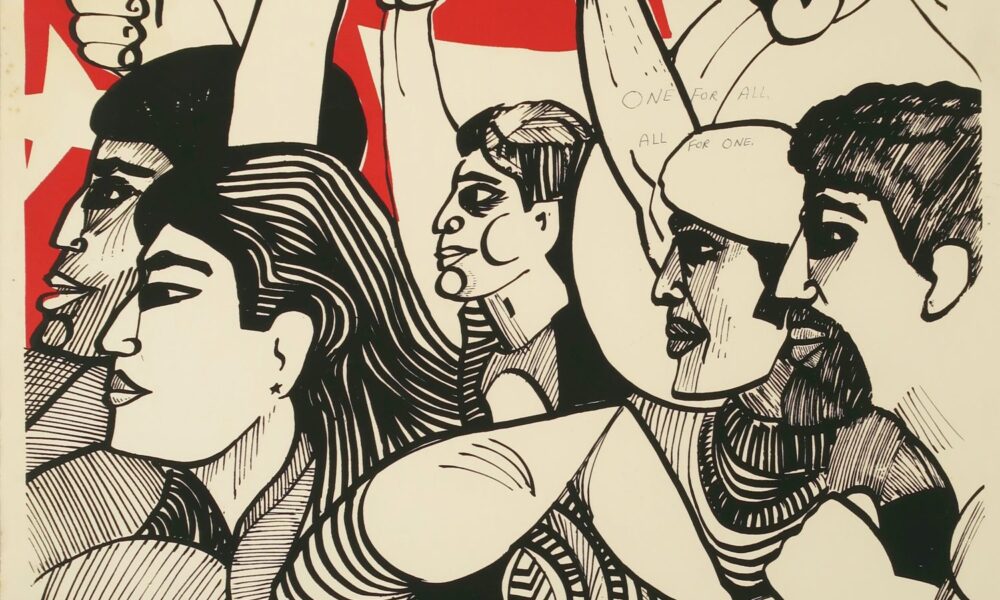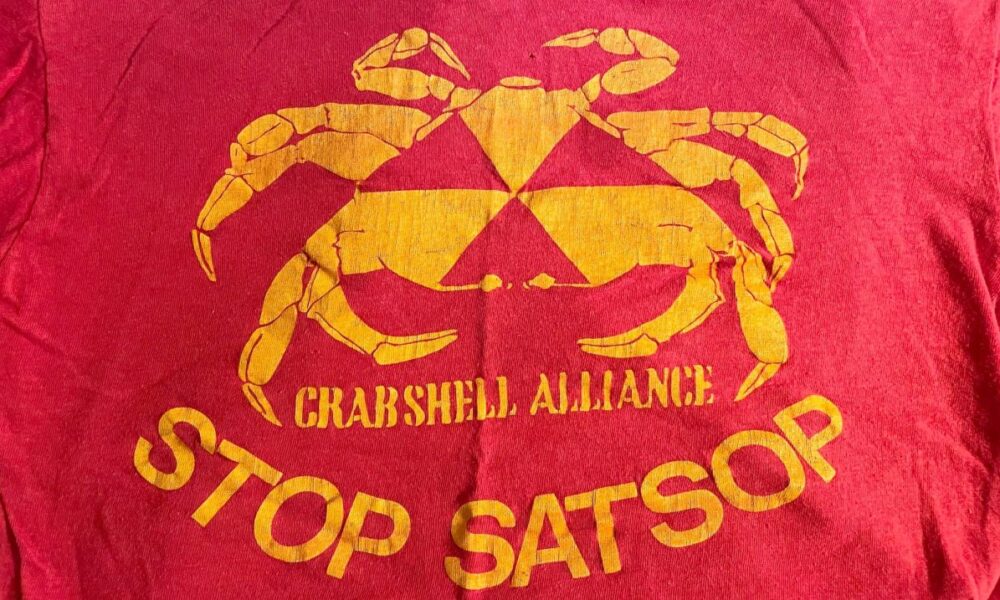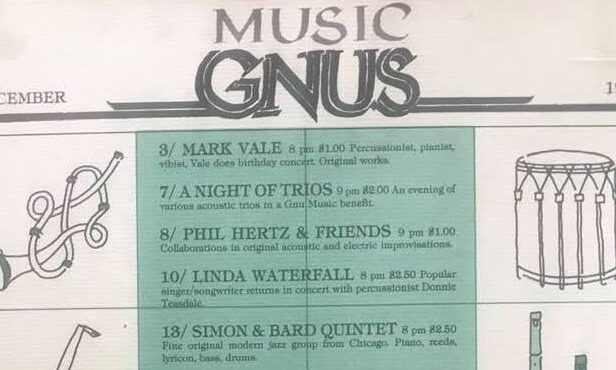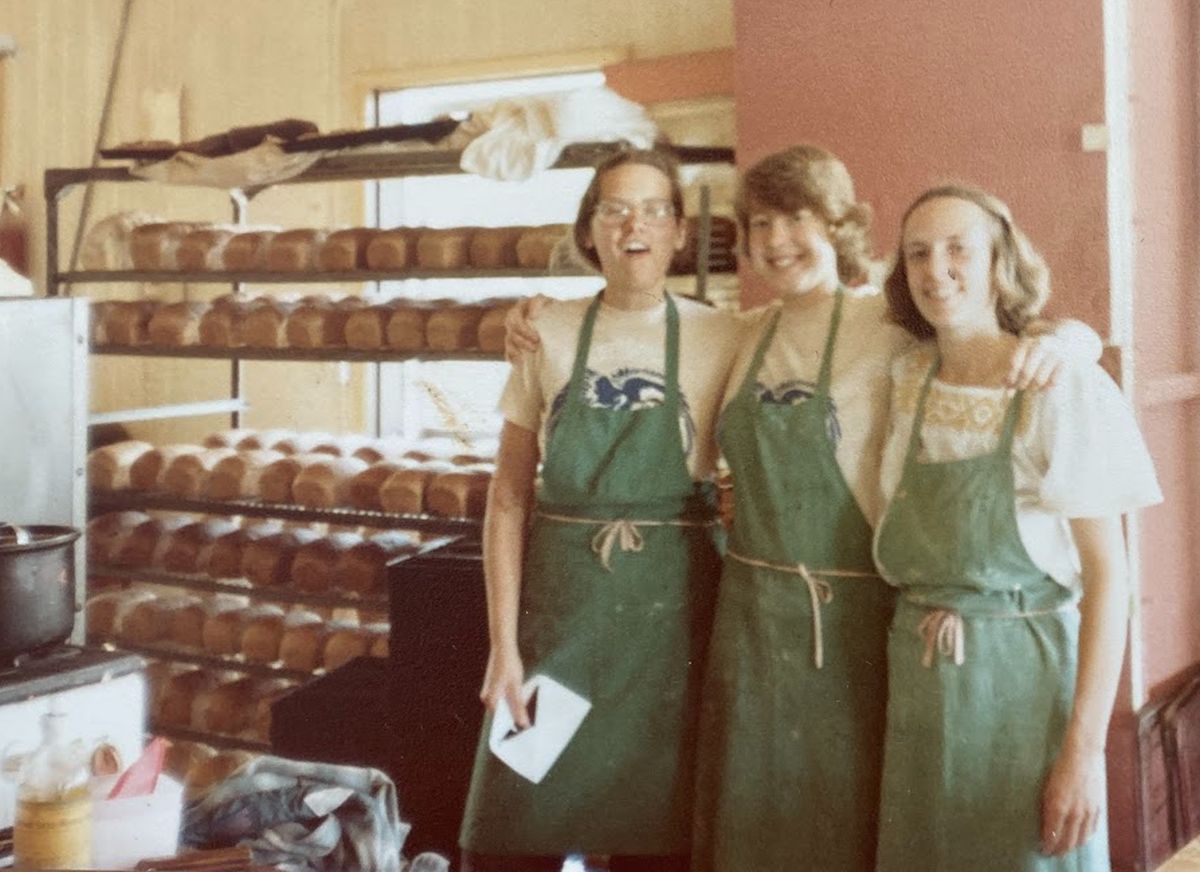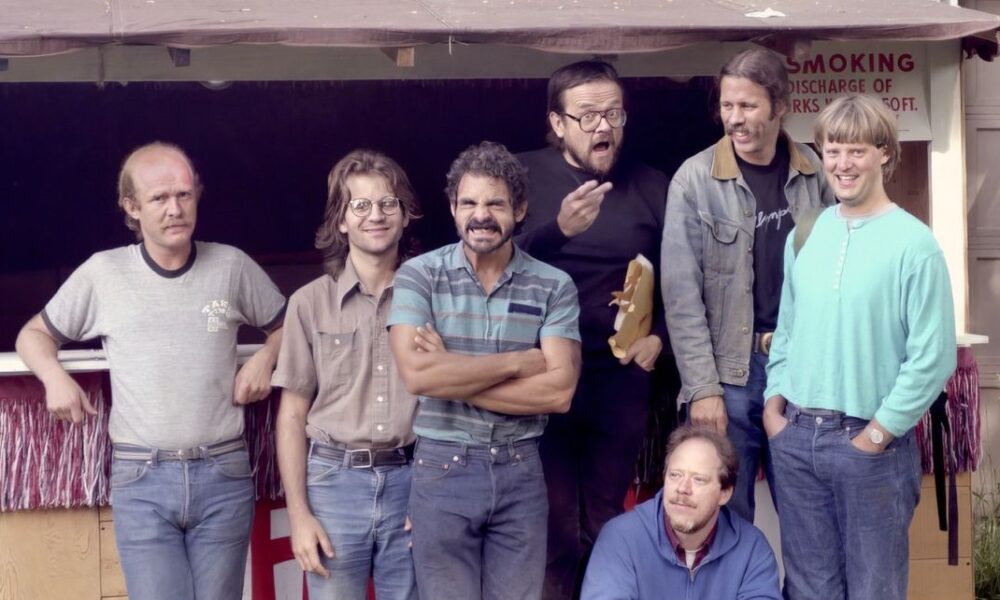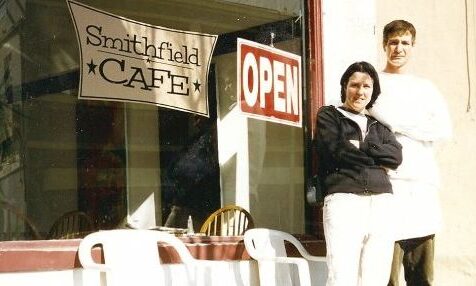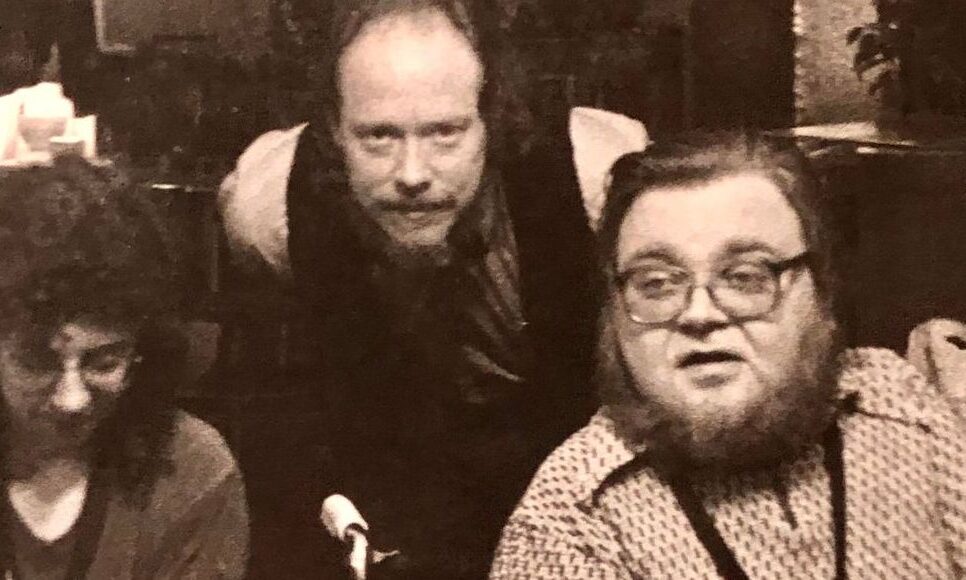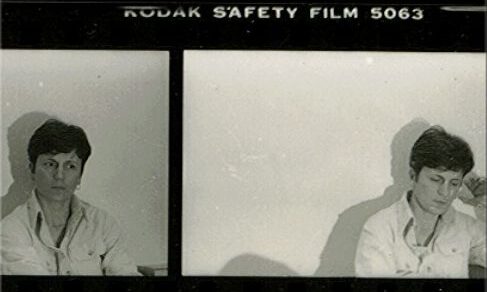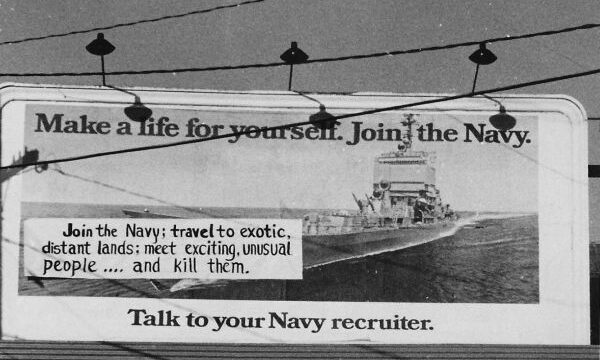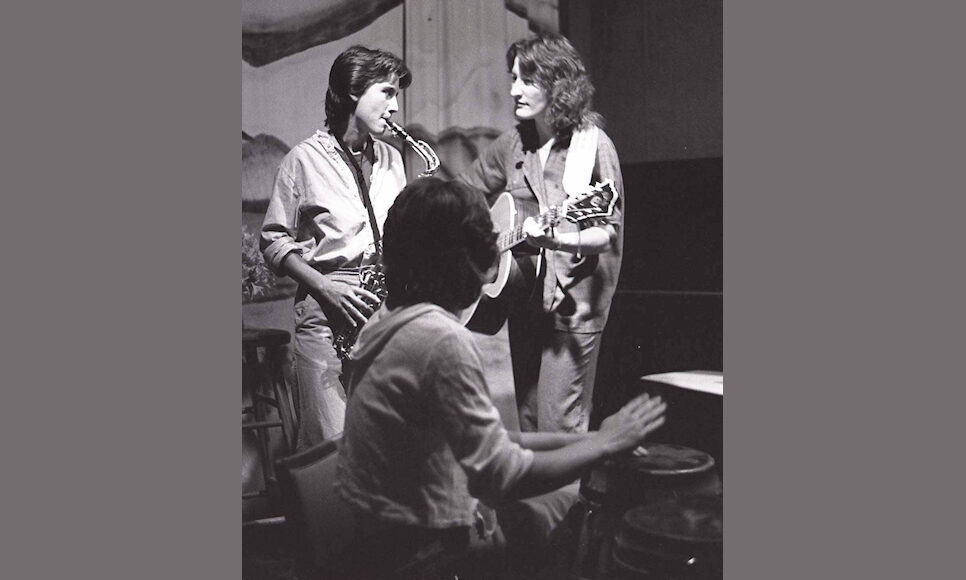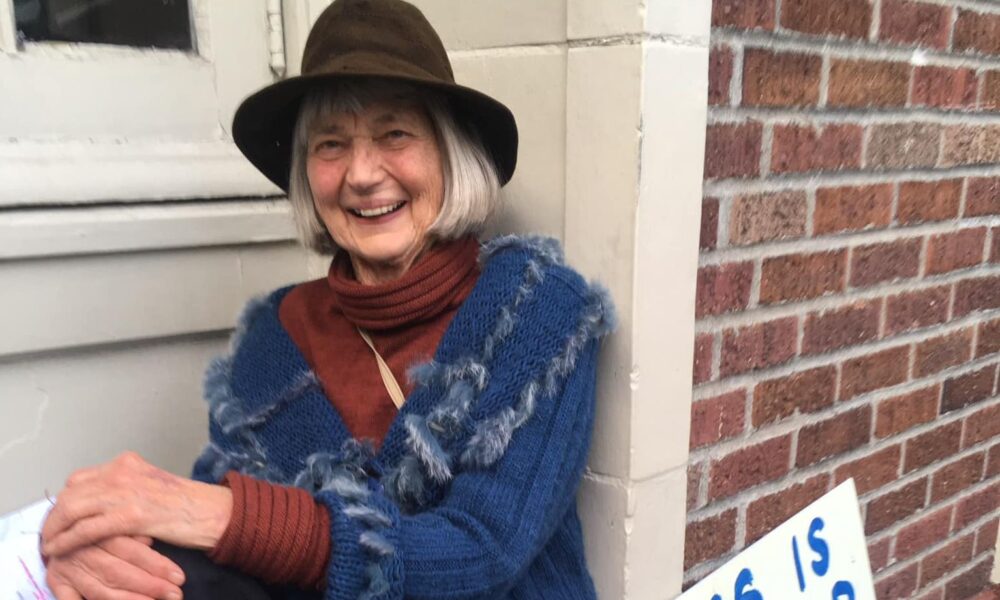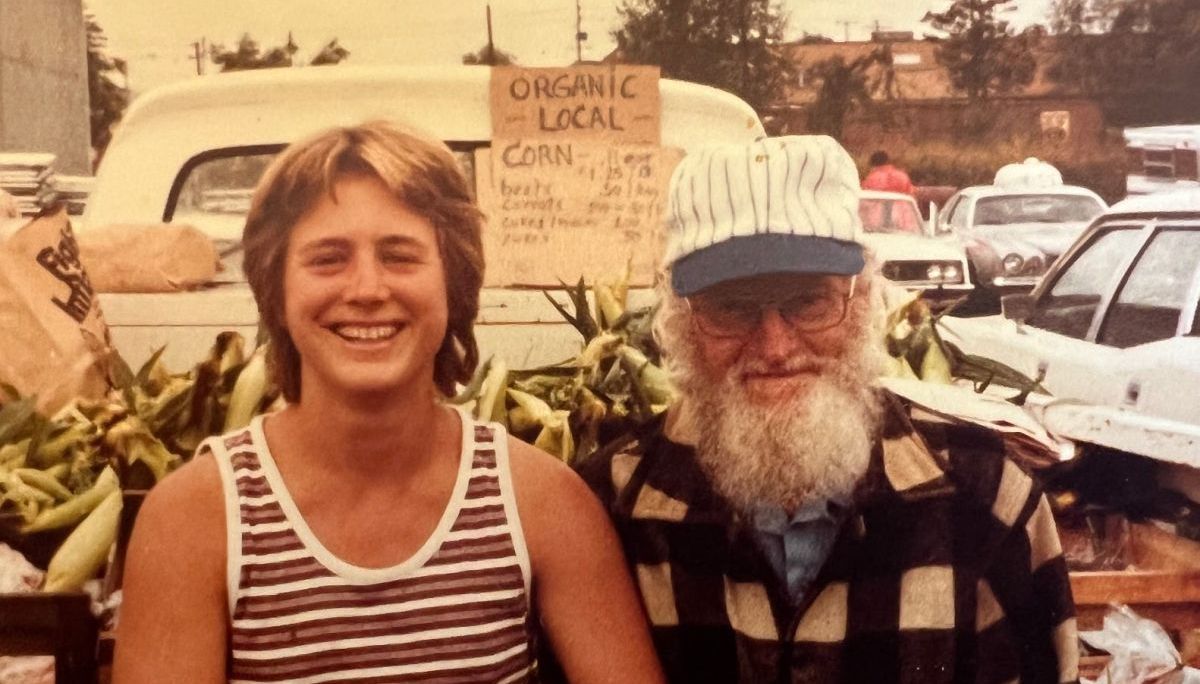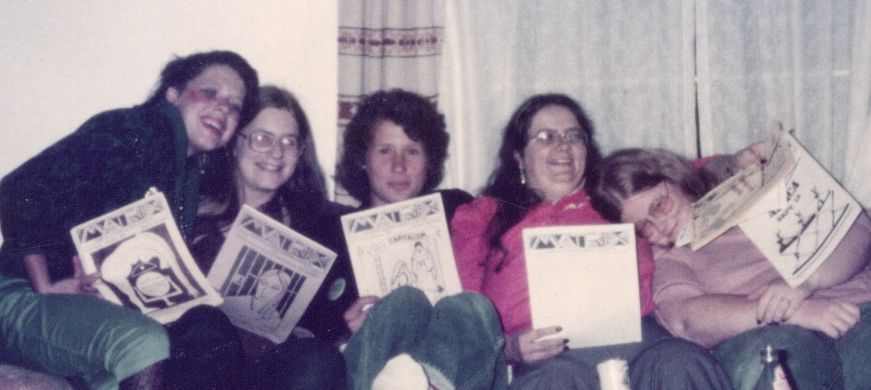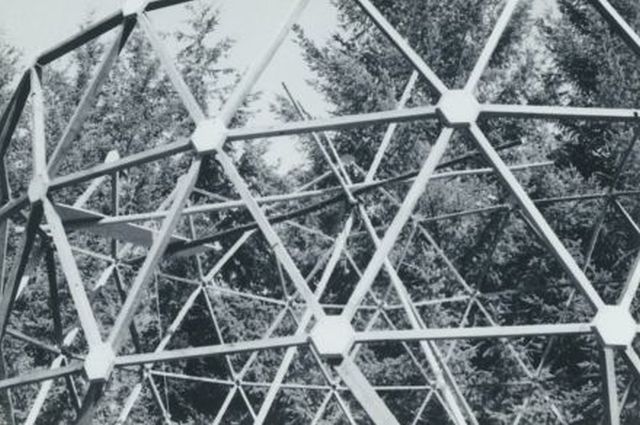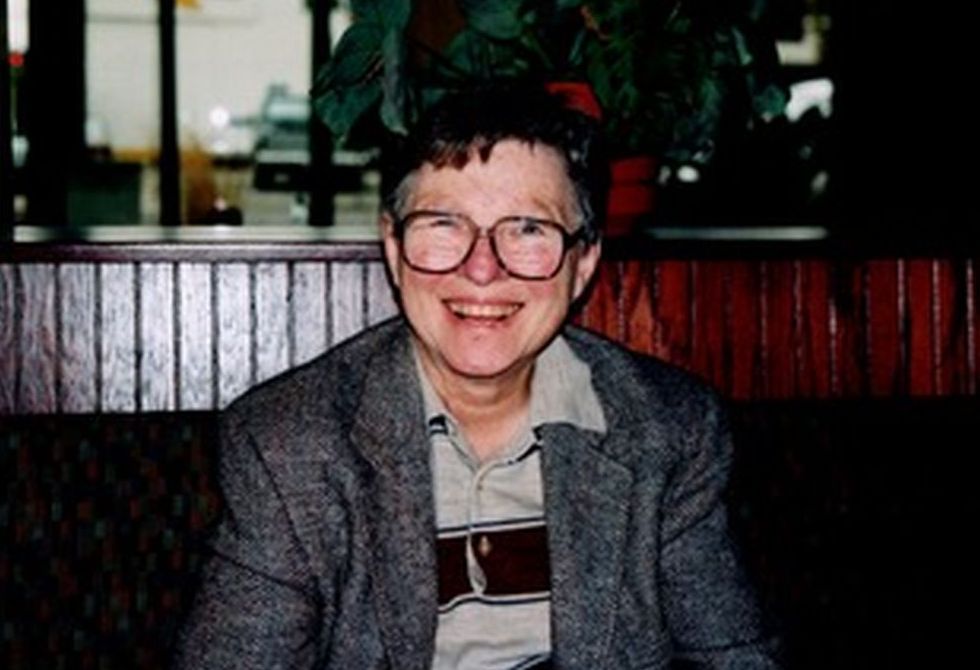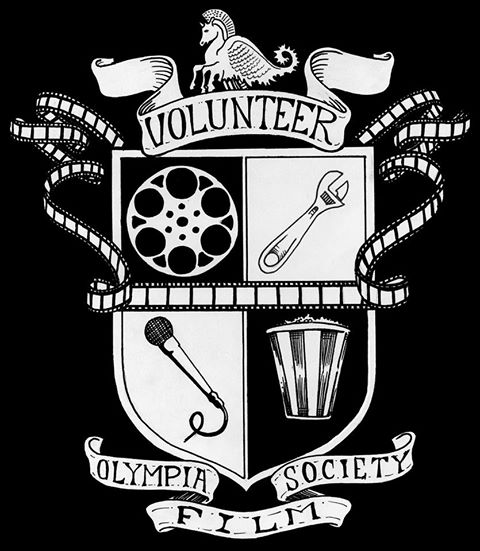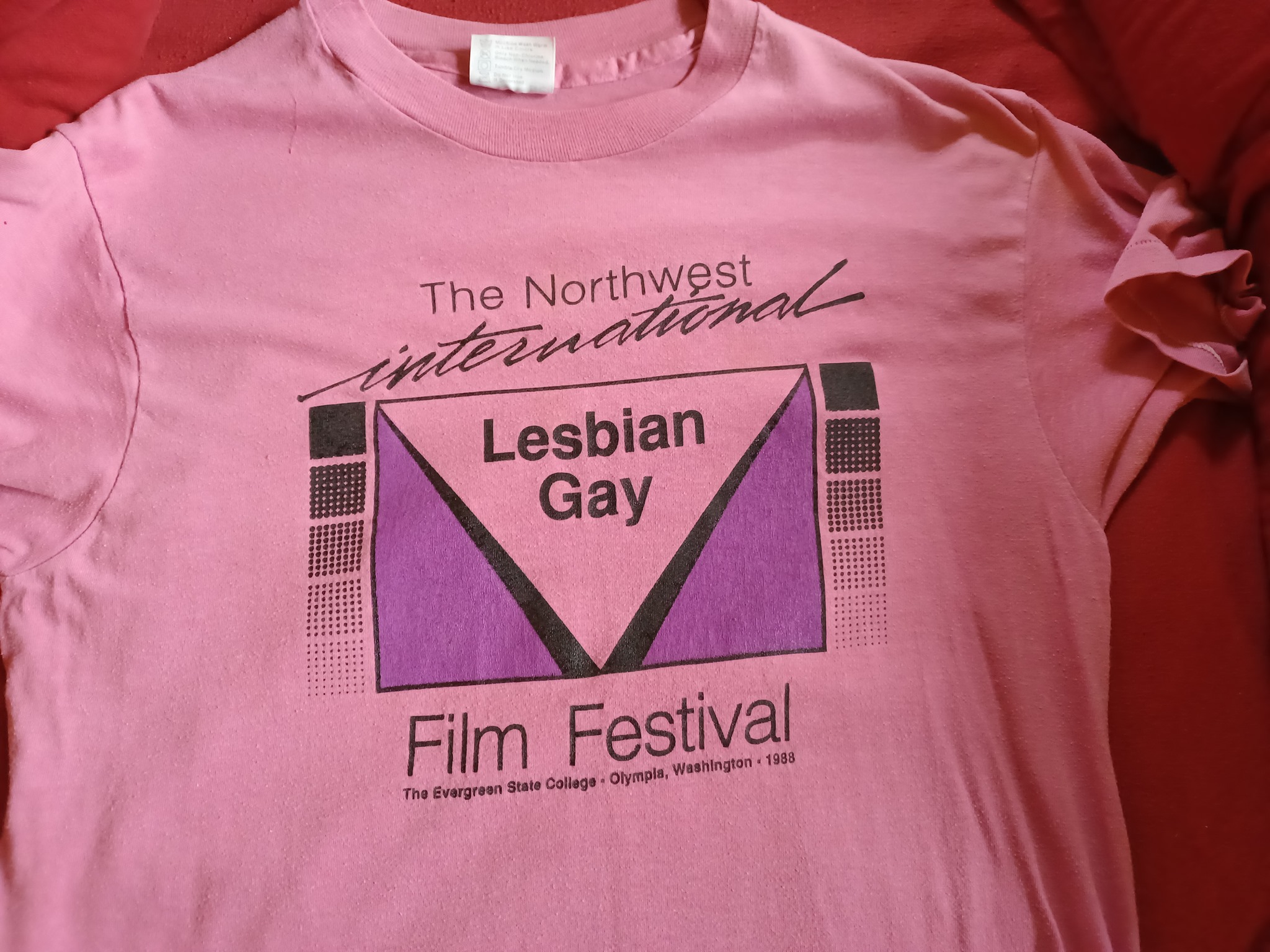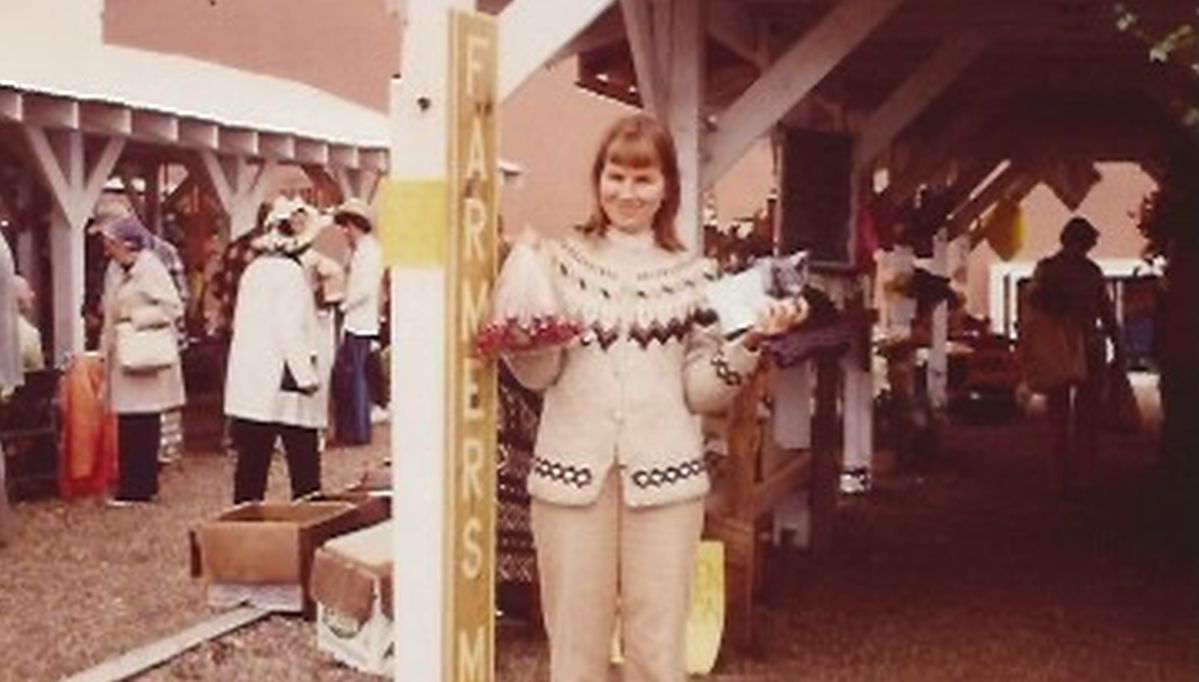- Getting Lumber for the Dome – By Joe Tougas
At one point in the evolution of Cold Comfort Farm the commune members decided to build a geodesic dome. We were then faced with the challenge of finding the materials. The word went out via the invisible network that connected the devotees of the “buy nothing” ethic. The power of a community to “manifest” whatever was needed had proved miraculous in the experience of back-to-the-landers everywhere. The fact that we were seeking material for a geodesic dome clearly helped stimulate and activate that network. What we needed for the frame was a bunch of 2×6s, the longer the better
- Remembering The Link – By Emily Ray
They say, “What goes around comes around.” Forty years ago, the Daily Olympian (as it was then named) did not serve our community well. The editor-in-chief turned a blind eye to local social and political issues. The newspaper was generally silent on problems and initiatives concerning race relations, gender, growth management, waste reduction, the environment. When the newspaper did glance at any of these issues, it was with a jaundiced eye . . . One of the people who was angry about the newspaper was Margery Sayre.
- Olympia Film Society – Origin Story – By Dennis Bloom
To understand part of the history of why the OFS came about you’ll need a little background of what was going on in the late ’70s. Olympia (which had—and still has—the only “urban downtown core” in our tri-city area) had three movie theaters. There had also been a small movie theater called the Cinema, housed in a converted church out on 4th Ave, where Pacific Ave veers off toward Lacey. The Evergreen State College (TESC), too, had its own Friday night film series, held in the lecture hall in the center of campus. Around this same time the movie theater business was in transition. Some older and larger “movie palaces” that dated back to the 1920s, were getting renovated into “multiplex” theaters.
- Northwest International Lesbian Gay Film Festival – 1988 – by Helen Thronton
Marge Brown and I started brainstorming the first NW International Lesbian Gay Film Festival in 1985. Planning began in 1986, a year and a half before the first festival opening date of 1988 . . . I made one of the first calls to a Chicago film distributor to book a film for our festival. The guy on the phone said he had lived in Olympia some years before, as he had been a student at Evergreen. He laughed as he wondered if there were any gay people in Olympia.
- Olympia Offers Sanctuary to a Salvadoran Family 1983-1986 – By Bob Zeigler
In the early 1980s, Saint Michael Catholic Church joined the national public Sanctuary Movement for Salvadoran and Guatemalan refugees who fled the wars in their countries but were denied US asylum . . . the parish went through three months of discussions and discernment looking at needs, risks, and benefits of doing this, and in a parish vote, more than 70% of members voted to become a sanctuary church. Four hundred members signed up to help in some way and raise the funds to support a family.
- Olympia Farmers Market – By Becky Liebman
The early days presented a consummate catch-22 situation. Growers did not want to participate unless there were customers. Customers would not return if there wasn’t produce to buy. As manager, I considered myself a marketing genius: I would call numbers I found in the classified ads of the Daily Olympian with a pitch something like, “I see you’re selling cucumbers. Did you know we have a farmers market in Olympia, open every Friday and Saturday alongside Capitol Lake?” Slowly the word spread.
